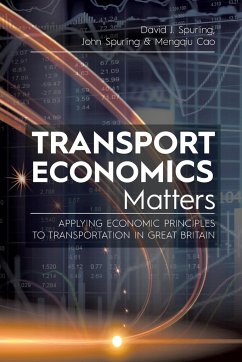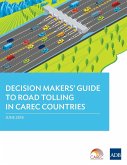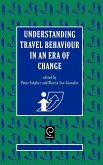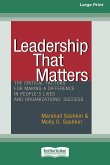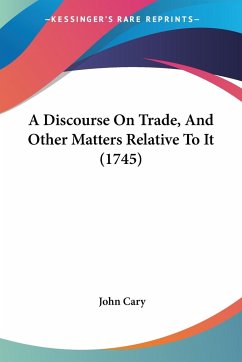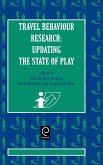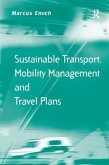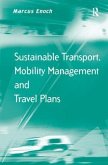This book reveals and discusses existing and potential problems derived from the transport economics domain in relation to their environment, and the social, political and economic impacts, with reference to a wide range of transport modes. It is suitable not only for academics or students, but also for people working in the transport industry. From this book, readers will learn how to apply economic principles to transport, drawing specifically upon a number of case studies of different areas of Great Britain. This book is particularly useful for those who are interested in the subject of transport economics, but may not have studied economics, statistics or mathematics.
Hinweis: Dieser Artikel kann nur an eine deutsche Lieferadresse ausgeliefert werden.
Hinweis: Dieser Artikel kann nur an eine deutsche Lieferadresse ausgeliefert werden.

